Description
Discover the Porcupine: A Unique and Quirky Exotic Pet
Porcupines are one of nature’s most fascinating creatures, known for their distinctive quills and charming personalities. While they may not be the first animal that comes to mind when thinking of exotic pets, porcupines can make wonderful companions for the right owner. At ExoticPetsCare.com, we’re here to provide you with all the information you need to know about adopting and caring for a porcupine. Let’s explore what makes these spiky yet endearing animals so special.
Introduction to Porcupines
Porcupines are large rodents belonging to the family Hystricidae (Old World porcupines) or Erethizontidae (New World porcupines). They are found in various habitats, including forests, deserts, and grasslands, across Africa, Asia, Europe, and the Americas. Known for their sharp quills, porcupines are gentle, slow-moving animals that are surprisingly social and intelligent.
Physical Characteristics
Porcupines are easily recognizable by their unique features:
- Quills: Their most distinctive trait, quills are modified hairs that serve as a defense mechanism. Contrary to popular belief, porcupines cannot “shoot” their quills, but they can detach easily when touched.
- Size: Depending on the species, porcupines can weigh between 12 to 35 pounds and measure 25 to 36 inches in length.
- Coloration: Their fur and quills are typically brown, black, or gray, with some species having white-tipped quills.
- Lifespan: In captivity, porcupines can live for 10 to 15 years or even longer with proper care.
Behavior and Temperament
Porcupines are generally docile and curious animals. They are nocturnal, meaning they are most active at night. In the wild, they spend much of their time foraging for food and climbing trees (in the case of New World porcupines). Despite their spiky appearance, porcupines are gentle and can form strong bonds with their human caregivers.
Care Requirements for Porcupines
1. Housing
- Enclosure: Porcupines need a spacious, secure enclosure with plenty of room to move around. For indoor setups, a large custom-built cage or a dedicated room is ideal. Outdoor enclosures should be predator-proof and provide shelter from extreme weather.
- Enrichment: Include climbing structures, hiding spots, and chew toys to keep your porcupine mentally stimulated.
2. Diet
- Porcupines are herbivores and require a diet rich in fiber. Their diet should include:
- Fresh vegetables (e.g., carrots, sweet potatoes, leafy greens)
- Fruits (e.g., apples, bananas, berries)
- High-quality rodent pellets or hay
- Tree bark and branches for chewing (important for dental health)
- Fresh water should always be available.
3. Handling
- While porcupines can become accustomed to human interaction, they are not cuddly pets. Handle them gently and avoid touching their quills. Over time, they may learn to trust you and enjoy being scratched or petted in safe areas, such as their face or belly.
4. Health Care
- Regular veterinary check-ups are essential to ensure your porcupine stays healthy. Find a vet experienced in exotic animal care.
- Monitor their teeth, as porcupines’ teeth grow continuously and may require trimming if not worn down naturally.
Legal Considerations
Before adopting a porcupine, research local laws and regulations. Some areas require permits or have restrictions on keeping porcupines as pets. Always ensure you comply with legal requirements to avoid fines or confiscation of the animal.
Why Adopt a Porcupine?
Porcupines are unique, low-maintenance pets that offer a one-of-a-kind companionship experience. Their quirky personalities, intelligence, and gentle nature make them a joy to care for. However, they are best suited for experienced exotic pet owners who can meet their specific needs.
Interesting Facts About Porcupines
- Porcupines are excellent climbers, with some species spending most of their time in trees.
- Their quills contain natural antibiotics, which help prevent infection if they accidentally prick themselves.
- Porcupines are vocal animals and communicate through grunts, whines, and even tooth chattering.
- They have a strong affinity for salt and will chew on objects like tools or wooden structures to satisfy their salt cravings.
Conclusion
Adopting a porcupine is a unique and rewarding experience, but it requires careful consideration and preparation. If you’re ready to provide the care, space, and attention a porcupine needs, you’ll be rewarded with a fascinating and endearing companion. At ExoticPetsCare.com, we’re here to help you every step of the way. Contact us today to learn more about porcupine adoption or to explore other exotic pet options.

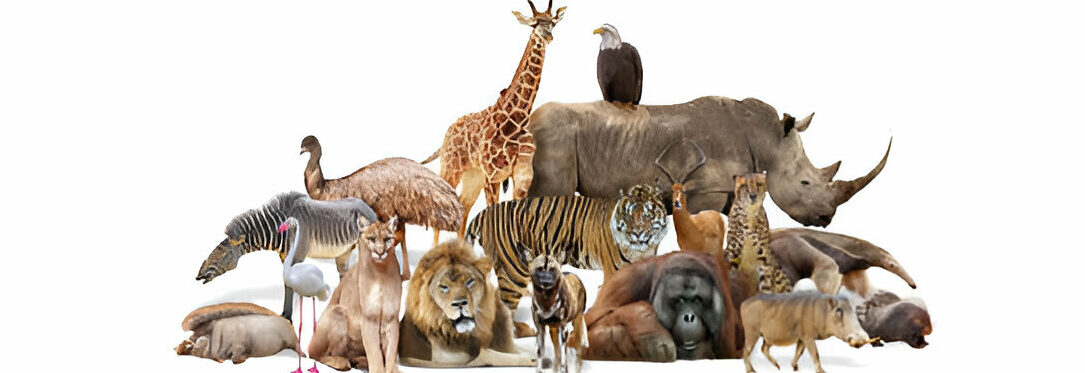
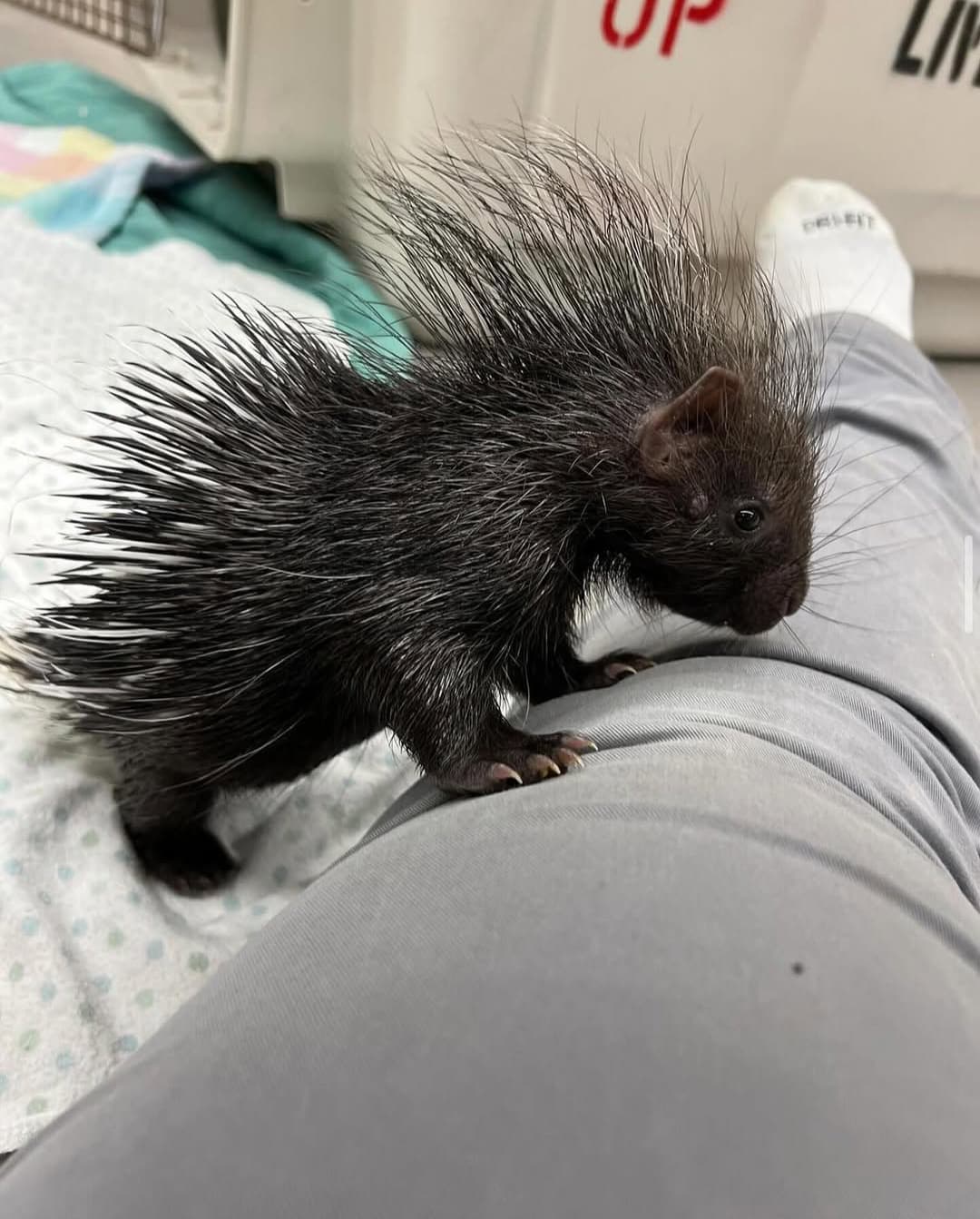
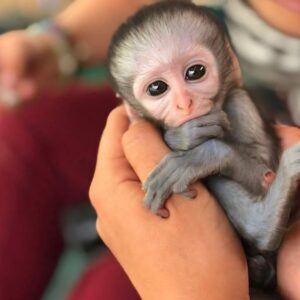
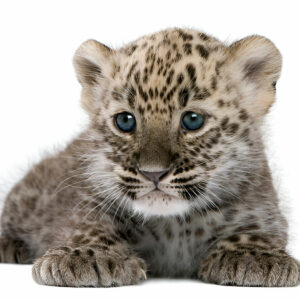
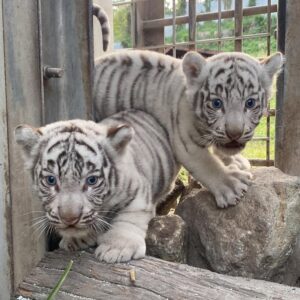
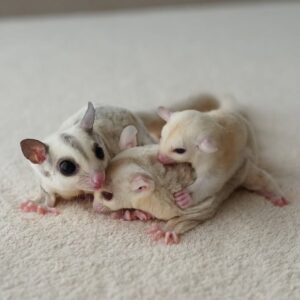
Reviews
There are no reviews yet.